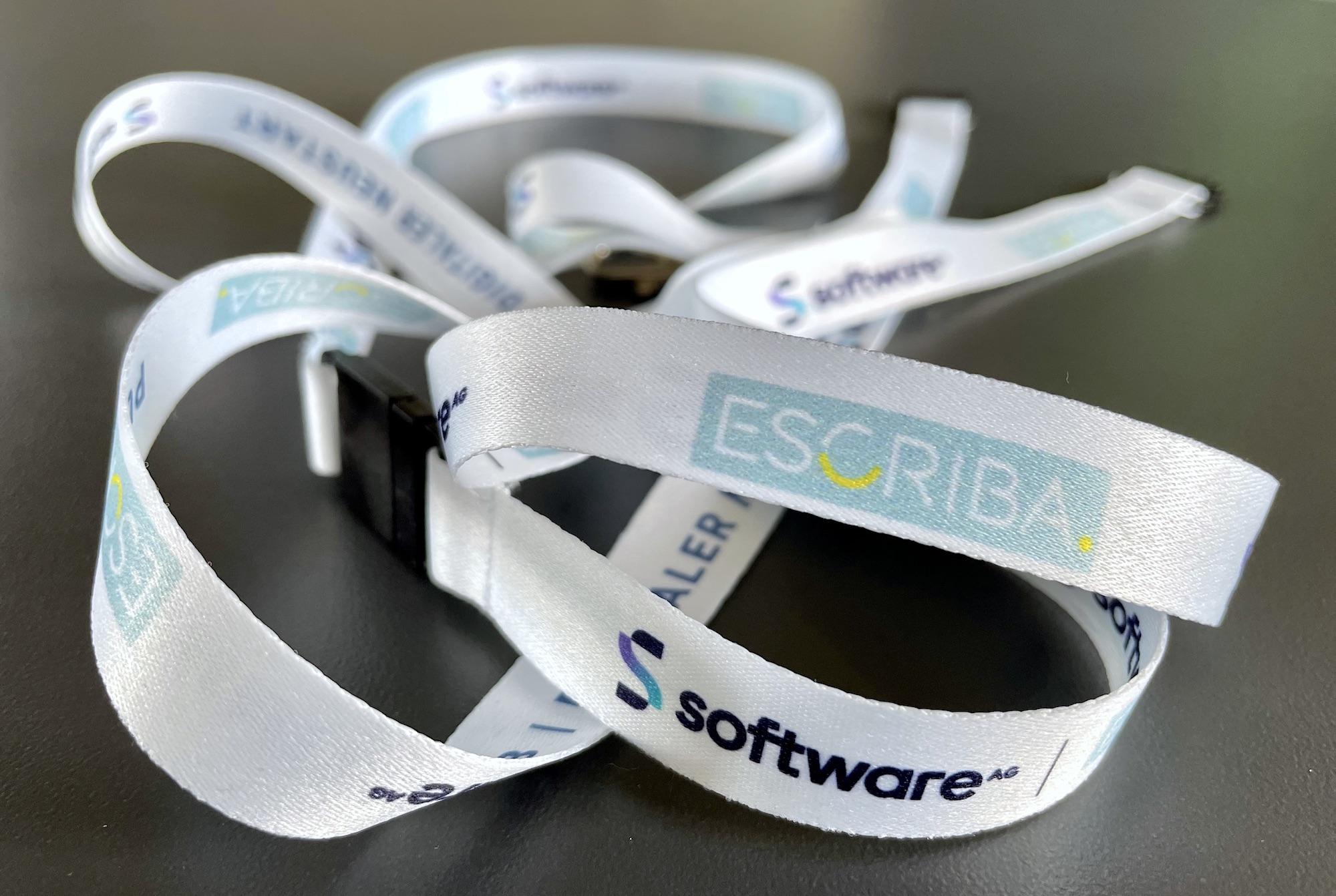What is the significance of one of the most important IT trends for legal professions?
The major topic of legal tech, i.e. the digitalization of legal practice, has permeated the working world of lawyers and attorneys like no other in recent years. The increased use of software in law firms and legal departments means that internal processes and even entire legal services are automated, which increases work efficiency and saves costs.
This in turn has resulted in new demands and approaches: There was a call for better and more customized software. In other words, software that is perfectly tailored to the needs and requirements of the end user. And where would the development of such software be more appropriate than in the company itself, i.e. where it is actually used?
But such software doesn’t come out of nowhere: For the development, including the associated applications, you need either a trained IT department in-house or cost-intensive IT services from outside. Or not? No-/ and low-coding platforms (NLC) make it possible to build, customize and extend applications with little or limited IT skills.
The trend is increasingly towards self-developed and optimized software: many companies tend to create and adapt the software they need themselves and, in a next step, also distribute it. Users are becoming developers, and these in turn are becoming providers of software, data and content. In this way, unimagined opportunities and new business models have emerged in recent years.
In the premiere issue of “GoingDigital”, Dr. Juergen Erbeldinger, CEO of ESCRIBA AG, discusses the features and benefits of NLC platforms. He explains why NLC approaches will become more prevalent and established in the working world in the coming years and lead to a rethinking within specialist departments.
The full article is published in English in the first issue of “GoingDigital”. The freshly launched online magazine looks at the technology-driven transformation of the legal scene and provides exciting insights into topics such as digitization, online security and data protection.
Read the entire article here or download the entire issue directly as a PDF version.
Further links




